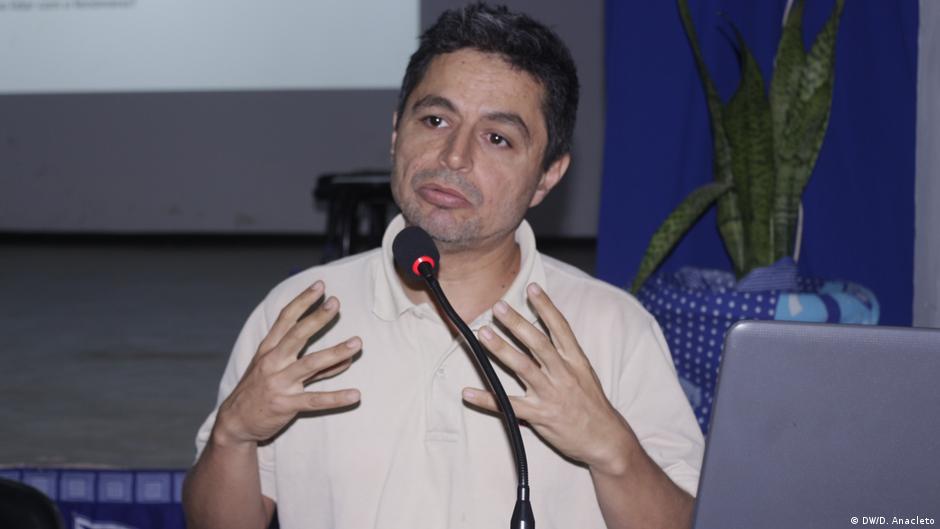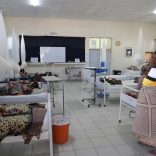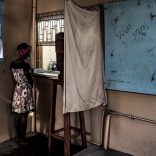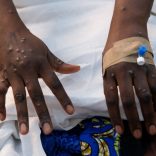Mozambique: Health Minister warns of 'alarming' impact of international aid cuts
Cabo Delgado: Were human rights violated , six months ago, or weren’t they? – DW

Despite Amnesty International demanding an impartial investigation into the conflict in Cabo Delgado six months ago, the mystery remains. Sociologist João Feijó has called for an internal investigation in the Mozambican army.
Six months have passed since Amnesty International accused Mozambican security forces in Cabo Delgado of committing atrocities against the population and demanding an independent investigation.
According to a statement from the non-governmental organization published on September 9, 2020, Amnesty had allegedly seen videos and photos that “show attempts at beheading, torture and other mistreatment of detainees, the dismemberment of alleged opposition fighters, possible extrajudicial executions, and the transport of a large number of corpses to mass graves”.
DW Africa spoke to sociologist João Feijó, a researcher at the Observatório do Meio Rural (OMR), who has published several studies on the origins of the armed conflict in the province of Cabo Delgado.

DW Africa: Do you, as someone who knows Cabo Delgado well, think that there is merit in the accusations launched half a year ago by Amnesty International? Are these valid and necessary accusations?
João Feijó (JF): I think that Amnesty International, which launched this report, was just the latest organisation to raise this issue. Many others had already addressed it. For example, national news organizations and even the former bishop of Pemba [Dom Luiz Fernando Lisboa] had done so. Therefore, there wasn’t even the need [for these matters] to be reported, especially because today we have the dynamics of social networks.
DW Africa: But reports from international organizations have highlighted human rights violations in a more systematic, more internationally visible way, right?
JF: What they did was, through technological processes, try to assess the veracity of the images, the filming location and the day of the filming. Then, they cross-correlated with other information that already existed, like military movements in that period, and tried to build a hypothesis built on strong suspicions of these images being true. The suspicion and the recommendation to investigate the veracity of these images remains. It will have to be an internal investigation by the Armed Forces of Mozambique.
DW Africa: And were these investigations carried out? Has an internal investigation within the Armed Forces of Mozambique taken place?
JF: I suppose so, but they didn’t want to make it public for fear of political embarrassment.
DW Africa: As for Mozambican justice, was it the duty of the public prosecutor to investigate these issues?
JF: So it is written. These are matters for the Attorney General’s Office (PGR).
DW Africa: As a researcher at the Rural Observatory (OMR), you have carried out several studies on the origins of this conflict. What are the real origins of this conflict in Cabo Delgado?
JF: It is a very complex phenomenon. The population on that part of the coast in northern Mozambique has had feelings of stigmatisation and devaluation for several decades, since colonial times even and, especially, in the post-independence period. At the same time, there are groups that have contact with other countries in the region, where radical movements were formed within religions and with populists, that were attractive to young people with ideals of equality and justice. So, they take advantage of this feeling in a youth that is already an adult, but only in age. This young person is not an adult when it comes to access to employment, land, well-being – basically, to conditions of social reproduction.












Leave a Reply
Be the First to Comment!
You must be logged in to post a comment.
You must be logged in to post a comment.